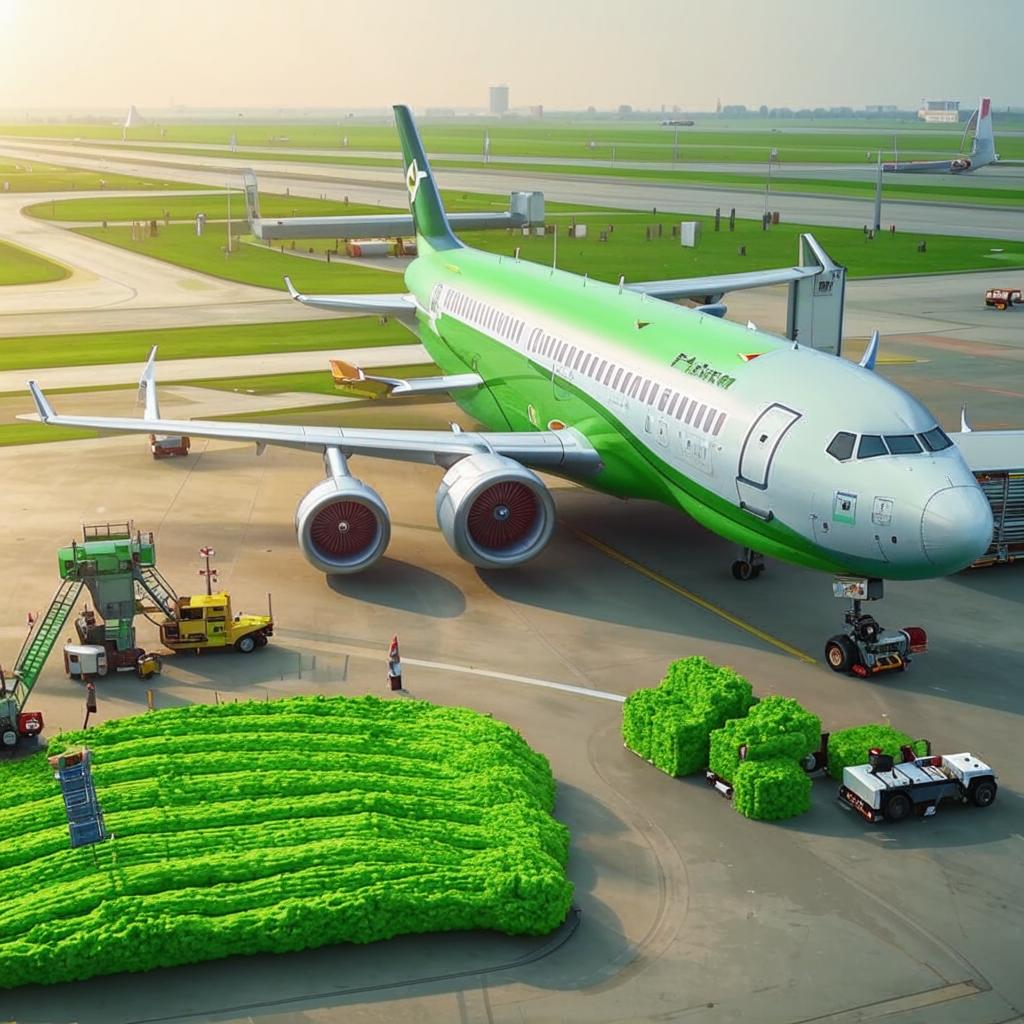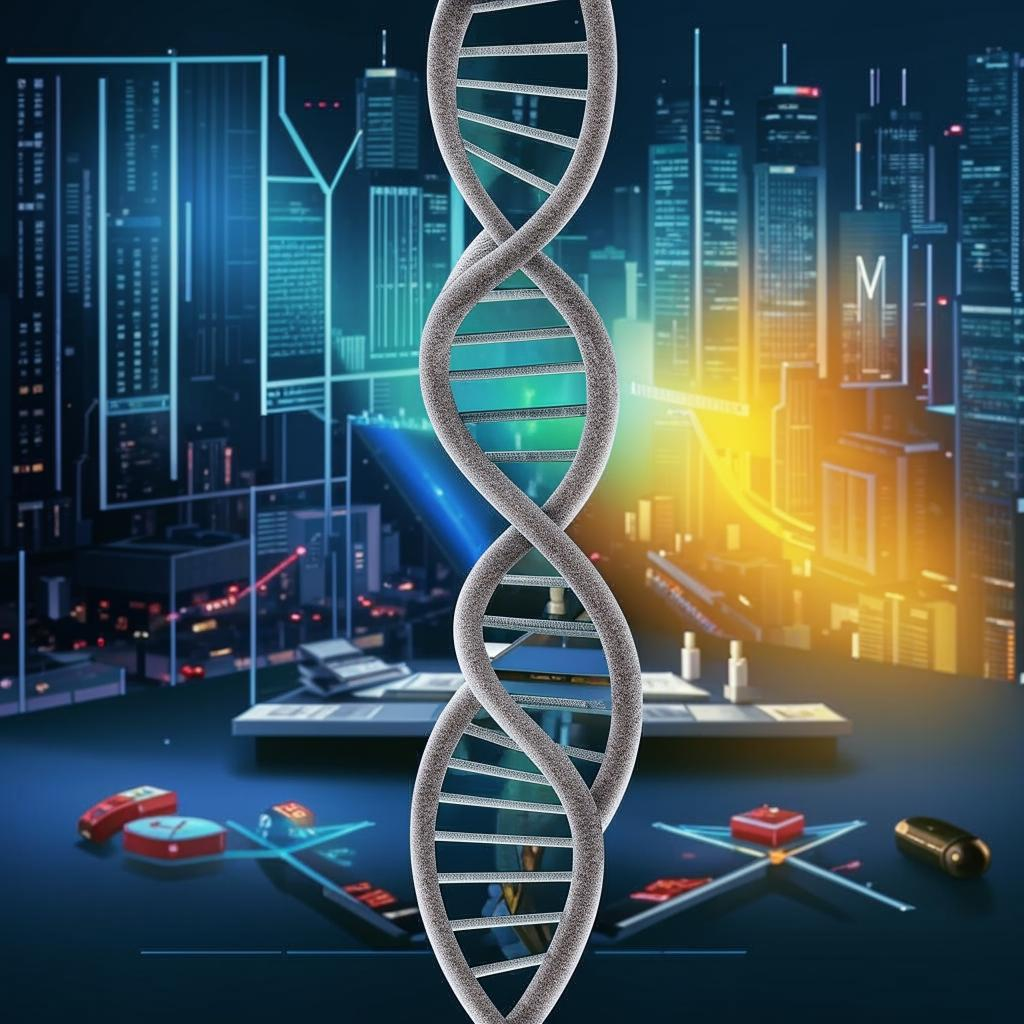Airlines are heavily investing in Sustainable Aviation Fuel (SAF) to achieve ambitious net-zero emission goals. SAF, created from sustainable sources like algae, waste oils, and agricultural waste, promises substantial reductions in lifecycle greenhouse gas emissions compared to conventional jet fuel. This shift is driven by growing pressure to decarbonize air travel and meet environmental regulations.
Despite its potential, SAF faces significant obstacles. High production costs remain a major barrier, along with limited availability and insufficient infrastructure to support widespread adoption. Scaling up SAF production to meet the demands of the global aviation industry is a complex undertaking requiring significant investment and technological advancements.
Nevertheless, major airlines, including United, KLM, and Lufthansa, are making substantial commitments to SAF development and procurement. These investments signal a long-term belief in SAF’s viability as a solution to reduce aviation’s environmental impact. Governments are also playing a crucial role by offering incentives, setting mandates, and funding research into SAF technologies.
The aviation industry is optimistic that increased demand and technological breakthroughs will gradually lower the cost of SAF, making it a practical alternative for a larger portion of flights in the coming years. Collaborative efforts between airlines, fuel producers, technology developers, and governments are essential to overcome the existing challenges and unlock the full potential of SAF, paving the way for a more sustainable future for air travel. Ultimately, SAF represents a critical pathway to reducing aviation’s carbon footprint and achieving a more environmentally responsible industry.












